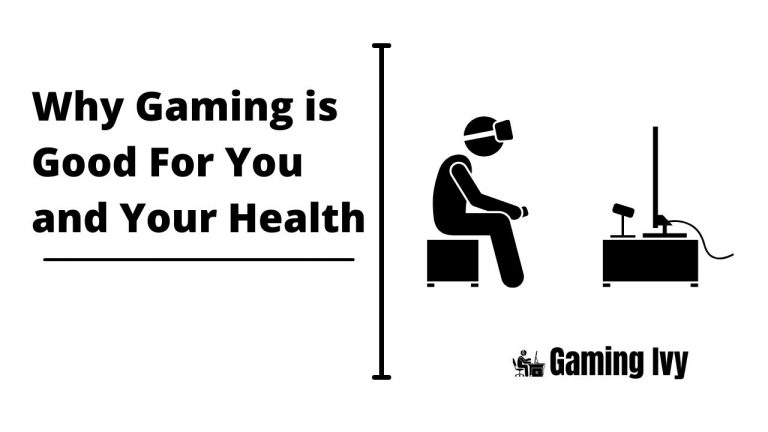Does Overclocking Reduce CPU Lifespan? Is that true?
Overclocking the CPU increases the clock rate of your system which eventually helps in speeding up your system. It’s a very famous formula for getting higher speed at lower prices but beware that it can be risky at times for some systems.
But does overclocking reduce CPU lifespan? That depends on the quality of hardware components and the intensity of usage of such components. However, modern components of PCs usually come with great designs and computing mechanisms that help them perform well.

But due to multiple reasons, there is always a risk of getting them damaged. To answer the question above, we need to explain certain things before coming to the point. Hence, please read further to understand the different factors of overclocking and its effects on the CPU lifespan.
Table of Contents
What is Overclocking?
Overclocking the CPU increases the clock cycle speed and that makes the computer run every task faster than before. But beware that overclocking is risky and you should read user reviews about your processor before overclocking it.
To overclock your CPU, you just need to go to your BIOS and follow the steps of any of the articles about this topic. Or you can use an MSI or ASUS-type keyboard that has a built-in button for enabling overclocking of the CPU.
The manufacturers make their processors at a safe clock cycle and give them just enough voltage. They usually declare such voltage and clock cycle speed its the maximum limit that it can go. But still, we have found a lot of potential in the processors and now we know that they can be overclocked too.
Direct Effects of Overclocking
Overclocking has different effects on your system and its hardware. If you overclocked your system improperly, you can you may risk your system’s health and hardware damage. In fact, even if you properly overclock your CPU, it still is at risk of getting damaged. But there are people fond of overclocking who like to run their PC at its maximum potential.
Best 4 advantages of overclocking
- Overclocking increases the processing speed of your computer’s CPU, and that improves its performance.
- It helps you power up your PC when it runs some resource-intensive commands.
- The capacity of your PC is used at its highest potential when overclocked because it gives you the most possible FPS when you play video games.
- In short, what an expensive PC does, the cheaper PC with an overclocked CPU does the same but at a lesser price.
But as overclocking helps your CPU a lot in performing several tasks at once, it brings some risks to the table. We are listing some of the issues down here.
- Overclocking always comes with risks; one of them is overheating your transistors. That also implies the current leakages within your PC, and this is not good for your PC at all.
- Modern PCs don’t consume a lot of power because they are well-equipped with good hardware. But still, if you overclock your PC, it uses a little more than what it consumes on a regular basis.
- When you overclock your PC, its fans rotate a little higher at speed, and that causes a lot of noise too.
Impacts of overclocking on the CPU lifespan
Well, to be very honest with you, the CPU doesn’t really get affected by overclocking directly. But still, when you overclock your CPU, it gets heated up really quickly, and that causes problems in the long run. Some of the CPU-related problems are given below.
- Thermal Cycling: Overclocked CPU continuously cycles between a low power mode or shutdown state to a high power mode. It eventually decreases the lifespan of the CPU going from very high to very low and vice versa.
- Temperature Range: Temperature change is the amount of difference between the temperatures of the CPU and the heatsink. A CPU’s heat transfer rate should be efficient. But if it is lower than required, then your CPU retains the heat that is not transferred. This small problem creates big problems in the long run because when your CPU produces more heat, its lifespan decreases with the same opposite level.
- Cooling System: The cooling system of your PC is a very important thing because it keeps your PC cool by dissipating all the heat produced. Almost every computer has a proper cooling system, but one should still install other cooling components too. Because that will ensure that the CPU is cool enough to process all the operations without decreasing its health.
Overclocking makes your CPU support every heavy task very much. But once you overclock your CPU its heat range increases so much that sometimes it gets out of control. And that is why heat directly impacts your CPU lifespan and it starts to decrease in the long run.
Read More:
Conclusion
An increase or decrease in your CPU’s lifespan depends on the care you provide to the CPU. People usually ask “Does overclocking reduce CPU lifespan?” The answer to this question is YES. It’s not that your CPU lifespan immediately decreases but still, there are some factors that we have listed above. They shorten the lifespan of your CPU and the primary cause of it is its heating problem when overclocked.
But don’t worry because there is always some solution to any of your problems. Because we have explained different reasons and precautionary measures in this article. All this information is to increase your CPU’s lifespan for several more years. You can opt for any of them to ensure your CPU’s longevity.
In this article, we tried our best to explain the reasons why your CPU doesn’t last long with different factors involved. We hope that you liked this article, and if you did, please share it with others. Also, please comment below if you have any questions or suggestions regarding the topic.






